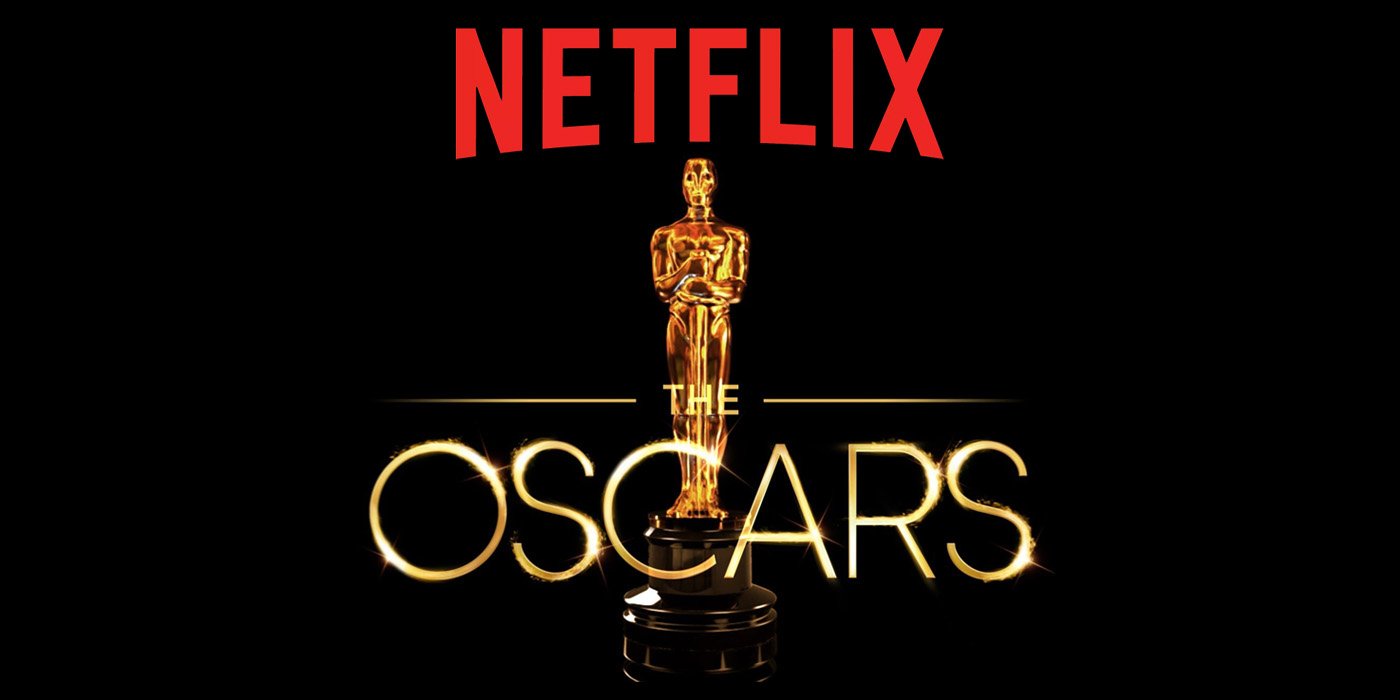In the upcoming Oscars, two of the nine nominations for Best Picture have been given to Netflix productions, more in fact, than any other production company. Given this, it appears that Netflix has become an unstoppable machine. However, while Netflix is undoubtedly leading the way it is unclear whether it will be onwards and upwards, or whether it has reached its peak as other major media companies have awoken to the power of television streaming.
Although the company seems emblematic of the 2010s, surprisingly Netflix has been around since 1997. Initially a DVD postal service, it began as a convenient alternative to Blockbuster, becoming the online streaming platform that we now know in 2011. In its early days online, Netflix was regarded by mainstream, traditional broadcasters as something of a joke but over the last decade, it has become increasingly clear that the face of TV is changing. Unlike companies such as Channel 4, which use the revenue from their most profitable programmes to fund more financially draining items such as the news, and the BBC which, funded by taxpayers money, is closely scrutinised in its spending, Netflix has always had complete freedom.
It does not need to fill 24 hours a day with content, allowing it instead to focus on creating quality shows. Moreover, because it is a subscriber-based platform, it has invaluable customer preferences and viewing trends at its fingertips. Without pressure from advertisers or license-fee payers Netflix has always been at complete liberty to use this data to produce content it knows people want to see.
A clear turning point for Netflix came in 2013 when they released the highly acclaimed American remake of House Of Cards. Described by their Chief Content Officer Ted Sarandos as “kind of the perfect storm of material and talent”, House Of Cards changed the face of television streaming.
So why were Netflix eager to make this show which had been dismissed by other production companies? It was because they could see the crucial information that the original British series had been wildly popular amongst their subscribers. Subsequently, they had no qualms in plunging money into the show. From then on they produced more successful shows such as Sense8, Orange Is The New Black, Queer Eye, Stranger Things, Narcos and many more. Notably, these shows often placed minorities, women, LGBTQ+ people – and other figures marginalized by traditional television – at the forefront. Slaves only to their own extensive database of user information, Netflix were able to provide an alternative to the ‘pale, male and stale’ offerings of conventional broadcasters.
Famously, Netflix is a company which funds itself by relying on huge debts following the growth model typical of Silicon Valley tech entrepreneurs. While naysayers have criticised Netflix’s huge debts – in 2019 alone the cash loss was around $3.5billion – to date, it has proved a successful model. As long as Netflix’s huge investments continue to draw in new subscribers then their strategy remains sound. This month, however, for the first time since it became an online platform, Netflix reported that annual subscriber growth has slowed down. While the Silicon Valley model aims to wipe out all competition and create a monopoly, the unprecedented success of Netflix has instead developed a whole new way of consuming television and unsurprisingly, other production giants now want a piece of the action. Disney and Apple have already launched their own streaming platforms with AT&T (HBO, Cartoon Network, Warner Bros.) and Comcast (Sky, NBC, Universal) set to follow this year.
Given this, and given Netflix’s history of investing heavily in order to secure new subscribers, the recent Oscar nomination success of Marriage Story and The Irishman does not spell out a secure future for Netflix. Instead, it is symptomatic of the increased demand on the platform in the wake of their new competition. As their competitors – who already own extensive back-catalogues of original content – emerge, Netflix has no choice but to push its original content as far as it can.
After reigning supreme, and relatively unchallenged, throughout the 2010s, Netflix is entering the new decade in a much more vulnerable position. While the nominations will have undoubtedly boosted Netflix, a win may be essential in giving Netflix enough credibility to stand against its new formidable opponents.
Image Credit: Screen Rant

